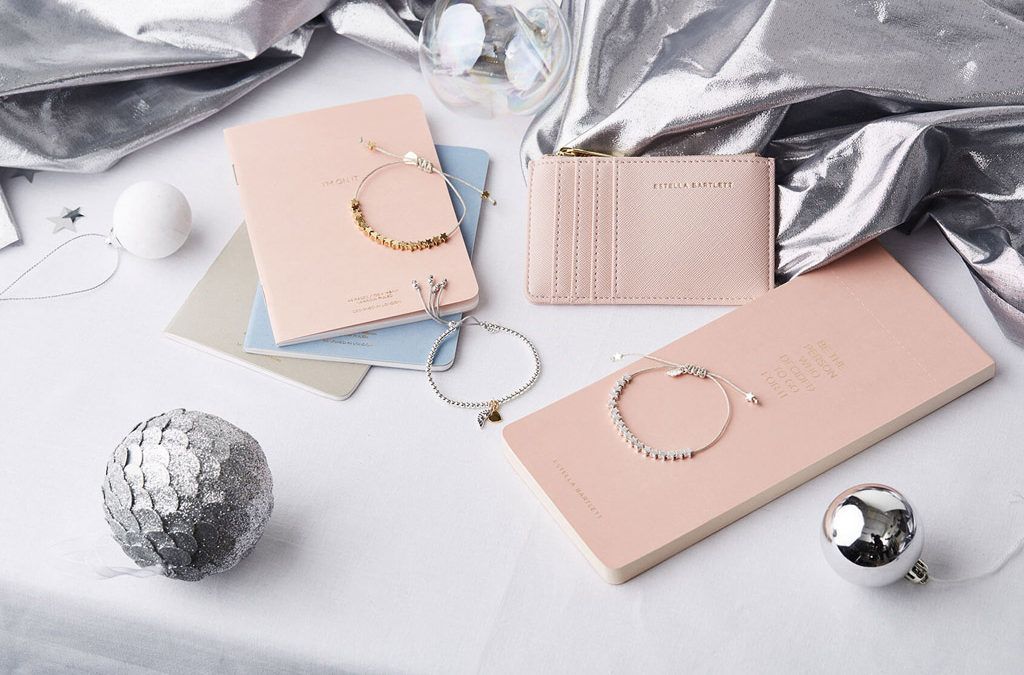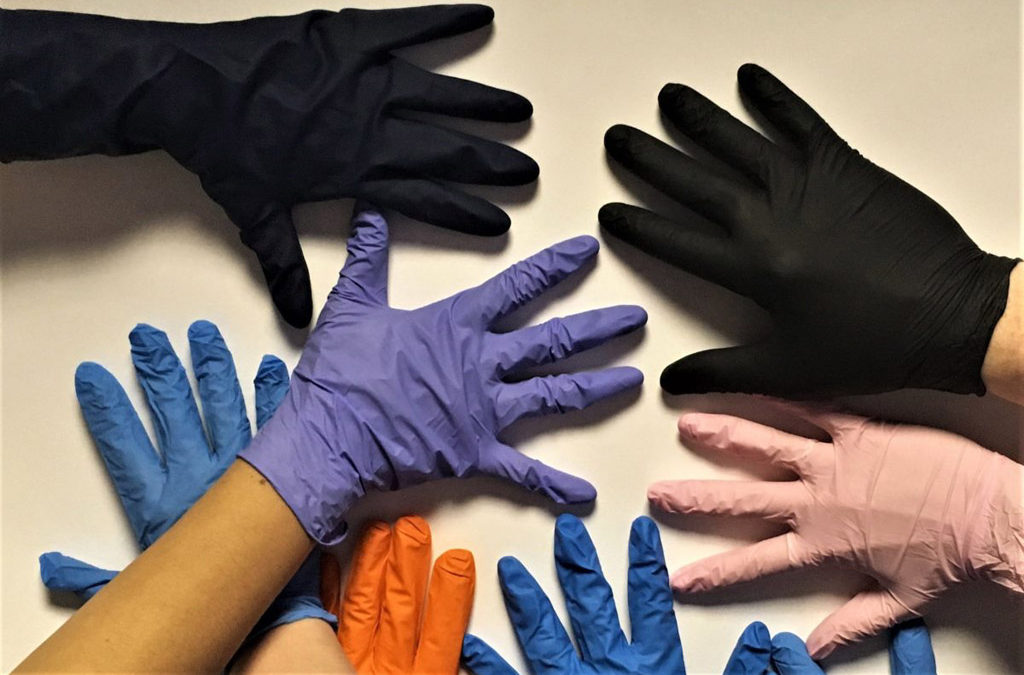With social media in our everyday lives and smartphones in our hands, the fashion industry’s business model is changing to a see now-buy now assembly line, entrepreneur.com says. Consumers are clamoring for immediate purchasing of runway clothing.
Only 10 years ago, this access to the fashion industry was unheard of. Either consumers had to buy tickets to fashion shows, read about it in the morning’s paper, or watch it online as Harper’s Bazaar states.
Not anymore!
The Catwalk and Phones
Smartphones dominate the front row of every catwalk, bringing consumers to fashion shows, virtually. From their homes, they receive images through Snapchat and Instagram of the behind-the-scenes creation of cutting-edge designs. They watch as innovation is revealed through live streams, according to entrepreneur.com.
By the time these revolutionary designs hit the stores no one wants them!
Immediate Availability
To keep up with consumer’s insatiable hunger many large companies are making their clothes available the same day as the fashion show. A day after at the latest.
Harper’s Bazaar says some designers already moving to this model are Michael Kors and Proenza Schouler. Their core pieces were available after New York Fashion Week of 2016.
And yet, others are rallying against this fast-fashion shift. François-Henri Pinault, representative of Kering, the parent company of "Gucci, Bottega Veneta, Saint Laurent and Balenciaga", and Ralph Toledano, the captain of France’s fashion, announced in WWD that they will use the current system.
But in our world of instant gratification, there’s no time for slow. Fast is the only fashion that stays in style.
This speed-of-thought business model may be able to be picked up by larger companies, but for smaller companies doing two separate presentations will be a struggle, says Harper’s Bazaar.
Indeed, it may be impossible.
Technology and Retail
Many companies, such as Macy’s, Nordstrom, and Target have already rolled out a visual search. This software helps shoppers find items using "color, shape, size, and proportions", according to entrepreneur.com. The consumer only needs to take a picture of the item and the app will find a similar product. With increased click-through rates and a return of investment for companies, visual search technology is unlikely to go out of style.
3D Body Scanners
Another breakthrough technology is virtual fitting rooms and 3D body scanners. These advancements will reduce a lot of returns. Much to the relief of retail stores, 3D body scanners allow users to virtually try on clothing, using avatars. No longer will they have to ask, "Will this fit?" They’ll know before pressing "buy" on their phones.
Machine Learning
Isn’t it amazing how technology can predict what you want, even before you know you want it?
This ability is through machine learning. It’s used to provide suggestions and notify consumers of upcoming products based on what they have searched for before.
Using this technology is like hooking your brain up to your phone and subconsciously window-shopping.
In the future, what do you think the fashion industry will look like?














